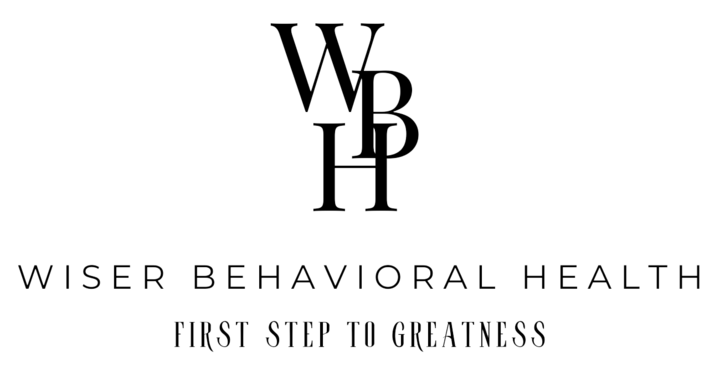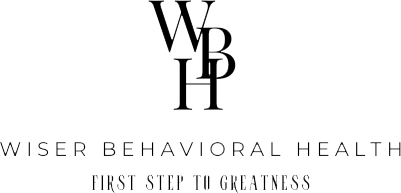How to Treat Adoption/Kinship Issues
Addressing adoption and kinship issues requires a compassionate and informed approach that acknowledges the complexity of these relationships. It’s crucial to create a supportive environment where feelings and experiences can be shared openly without judgment. Engaging in open dialogues, seeking professional counseling, and joining support groups can be beneficial for all parties involved. It’s also important to educate oneself about the unique challenges faced by adoptive families and kinship caregivers to foster understanding and empathy. By prioritizing communication, emotional support, and patience, individuals can navigate the intricacies of adoption and kinship relationships more effectively, promoting healing and strengthening bonds.




